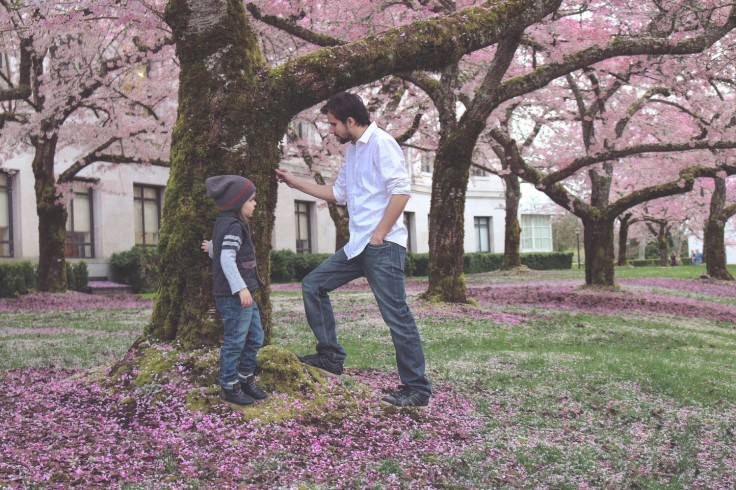
Attempting to deal with and handle gaslighting parents is not easy as they gaslight children using numerous toxic ways to manipulate and control them. Choosing Therapy says dealing with gaslighting parents is very challenging, but children must remind themselves that they're not alone and that their emotions during these trying times are valid. It is important not to succumb to their manipulation.
Gaslighting is a form of abuse that distorts the truth and will invalidate the victim's thoughts or emotions. Usually, gaslighters establish doubt in their victims, so they will find it easy to manipulate and control them. This tactic is commonly used by toxic or abusive partners or in narcissistic relationships and abuse cycles.
Parents want to have a lot of control over their children, which often results in gaslighting. This type of manipulation by parents usually starts as mental and emotional abuse, such as denying certain statements or events that occurred way back then to minimize the fatality of their actions. This is typically used to undermine their children's needs and perspectives. This type of relationship does not usually change as it is often due to narcissistic parents and family members.
How do parents gaslight their children?
According to Robin Stern, Ph.D., co-founder and associate director of the Yale Center for Emotional Intelligence and author of "The Gaslight Effect: How to Spot and Survive the Hidden Manipulation Others Use to Control Your Life," gaslighting is very common between a parent and a child. This happens when parents undermine their sense of reality and make themselves vulnerable to second-guessing.
This form of abuse can undoubtedly harm the parent-child relationship. Gaslighting happens when parents tell their children they are sensitive if they complain or insist that a child's memory of a particular event did not occur or that it didn't happen the way the child remembers it. It may also occur when a parent criticizes a child and labels it as emotional support, leaving the child questioning their reaction.
Stern explains that gaslighting parents can damage the child as it leaves them questioning their own feelings, thoughts, or reality.
"There's a vulnerability to not trusting your feelings or letting someone else define your feelings. If you don't question gaslighting, you might grow up thinking there must be something wrong with you."
Craig Malkin, Ph.D., a clinical psychologist, lecturer at Harvard Medical School, and author of "Rethinking Narcissism," told Psycom that parents gaslighting is done unconsciously, and the reason may be an outcome of either personality disorder or another form of mental illness that parents don't want to acknowledge. Under these circumstances, when parents begin to fall apart in the face of stress, their thinking, behavior, and judgment may be the most affected.
How to deal with gaslighting parents?
The main key in dealing with gaslighting parents is to remain defiant. Children must never allow their parents to gaslight them. They should never allow their parents to make them doubt their experiences, feelings, and thoughts. Children must create a support network and ask for help from friends or other family members who know what they are experiencing or understand their current situation.
On the other hand, abusive and toxic parents will never admit what they have done to their children. They should reach out to a mental health professional for their toxic behavior not to be passed and also to break the unhealthy cycle, per Scary Mommy.
Related Article : Dealing with Gaslighting: Therapists Say to Stand Firm in Your Truth